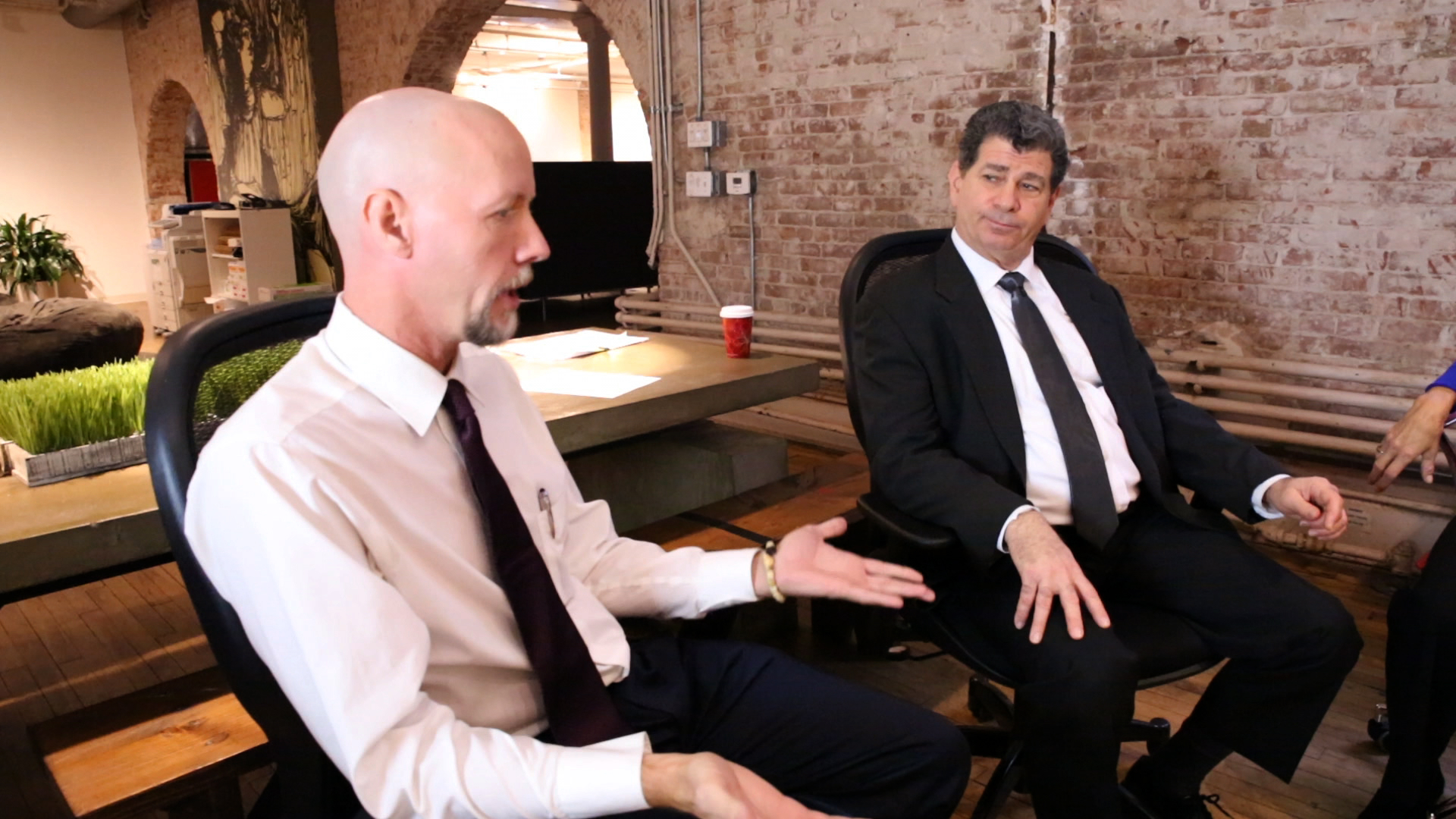You’re on vacation and the resort where you’re staying provides beach towels. If towel(s) not returned, there will be a charge: $25 per towel. The last day of your stay you take a towel to the beach and when you return home, you realize you  left the towel at the beach. What do you do?
left the towel at the beach. What do you do?
1- Get in the car and go back to the beach (20 minute drive each way). Look for the towel (you’re pretty sure you know where you left it).
2- Let it go. Pay the $25.
What you choose to do says a lot about who you are.
- How you handle mistakes: let it go, beat yourself up, try to rectify.
- How you manage money: $25 charge upsetting or not a big deal.
- How you move on (or not): Towel takes center stage for how long?
- How you deal with disappointment: What if you can’t find the towel?
No right or wrong here. The point is to reflect on your choices in order to increase your self knowledge. The more you know, the better off you’ll be in all aspects of your life. Let’s look at specifics.
- You are somebody who can’t be bothered going back for the towel. You’re ok with paying the $25 and you’ll enjoy your last evening of vacation. Positives: You forgive yourself and let go of mistakes, move on easily. Make the most of what you have right now. Negatives: You don’t look at your mistakes and don’t attempt to rectify for the future. In a team at work, you may not take responsibility for mistakes- urging a ‘let it go, let’s move on’ attitude.
- You are somebody who has to go back for the towel. You are angry at yourself and need to fix this. Get the towel and avoid the fee (you hate to waste money). Positives: You address and rectify mistakes. You are persistent and driven when you have a goal. Negatives: You may be too hard on yourself. In a team at work, you may be taking on too much-fixing things on your own, rather than looking to collaborate and seek assistance.
My take on all this? I go back for the towel. No way I can let it go. This is my story– it happened to me and my husband last summer. Lucky for me, we found the towel. We saved $25 but what other price did we pay? I was in a complete panic and our last evening on vacation focused on a towel. My husband says he wouldn’t have gone back. Healthier option? Maybe, but not sure I could have let it go.
Think it through and see what you come up with. See how it plays out in your life and work. Which side of the $25 towel are you on?
 to apologize for saying nothing. Oh my. Before you know it, your co-worker’s sneeze- and how you should or shouldn’t respond- has become an obsession and the the focus of your day. WOW. Just say, ‘Bless you.’ If you’re on the receiving end of this and it offends you, SAY THAT. Now it’s out in the open and we can understand each other directly. Best way to find out what’s offensive or not.
to apologize for saying nothing. Oh my. Before you know it, your co-worker’s sneeze- and how you should or shouldn’t respond- has become an obsession and the the focus of your day. WOW. Just say, ‘Bless you.’ If you’re on the receiving end of this and it offends you, SAY THAT. Now it’s out in the open and we can understand each other directly. Best way to find out what’s offensive or not. Well, like everything else in the workplace and in life- for that matter, there needs to be a clear purpose. Everyone should be on the same page when it comes to WHY we are venting. What’s the end result we want to achieve? It might be to relieve stress, improve connection to co-workers (knowing others feel the same), improve ability to cope with difficulties, or maybe effect change within the team or organization.
Well, like everything else in the workplace and in life- for that matter, there needs to be a clear purpose. Everyone should be on the same page when it comes to WHY we are venting. What’s the end result we want to achieve? It might be to relieve stress, improve connection to co-workers (knowing others feel the same), improve ability to cope with difficulties, or maybe effect change within the team or organization.




 addressed if management hopes to truly ‘serve’ the customer. Employees need to work through difficult situations with supervisors, so they are clear on how to proceed.
addressed if management hopes to truly ‘serve’ the customer. Employees need to work through difficult situations with supervisors, so they are clear on how to proceed.
 ake our job (or any job). So, start there. Agree with your boss: ‘You are so right. I am grateful to have this job.’
ake our job (or any job). So, start there. Agree with your boss: ‘You are so right. I am grateful to have this job.’

